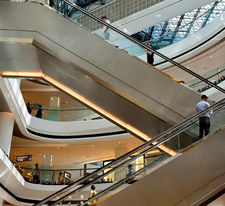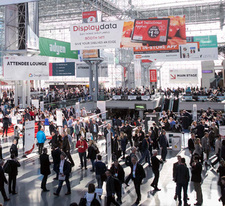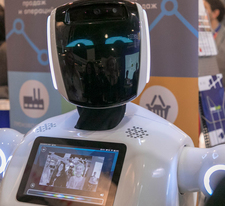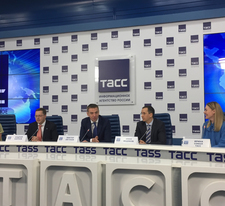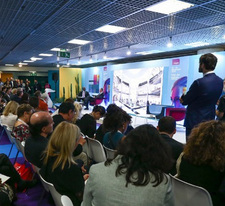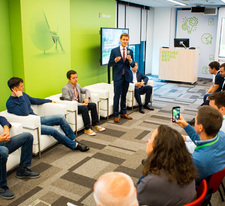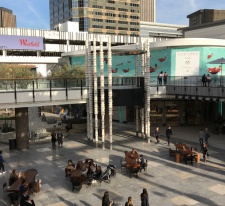More retail space. Even more!
According to the report Marketbeat from Cushman & Wakefield , one of the leading international companies specializing in commercial real estate transactions, in 2019, after a record low volume of new construction last year, in the Russian the retail real estate market is expected to increase in construction activity. The volume of new construction will be about 700 thousand square meters, which is 45% higher than in 2018 (483 thousand square meters).
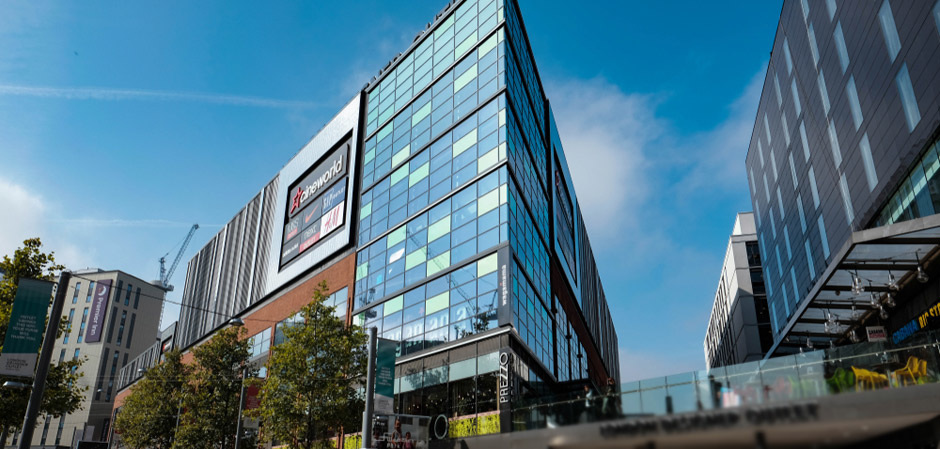
Such an increase will be provided mainly due to the opening of large-scale projects of the Salaris shopping center (GLA 105 thousand sq. m.) and the shopping part of the Island of Dreams amusement park (GLA 70 thousand sq. m.). The Salaris shopping center and the shopping center «Fairy Tale » (GLA 18 thousand sq. m.) in Rasskazovka are included in the first stage of the implementation of the development of the trade function at large transport hubs (TPU). Several more similar projects are planned for 2020–2021.
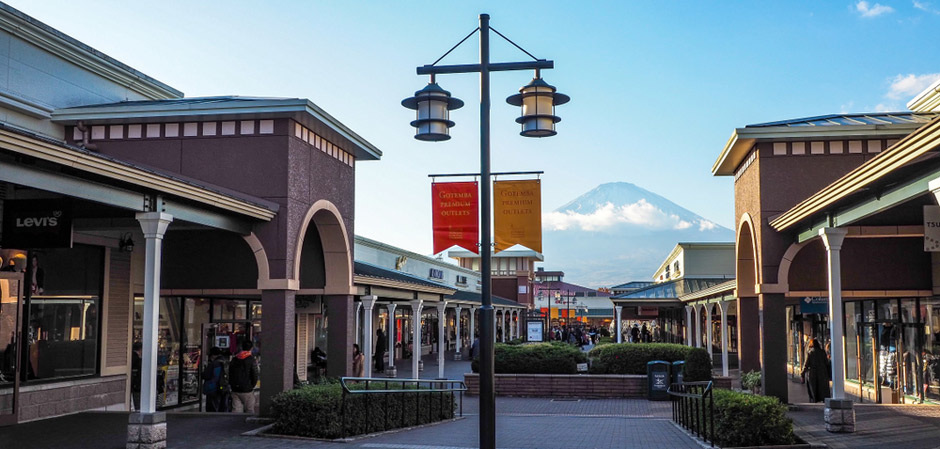
The regions will account for less than half of the announced commissioning of new areas in 2019. Medium and small shopping centers (less than 45 thousand square meters) will be commissioned. A significant amount of space has been announced for commissioning in Moscow and the Moscow region due to the commissioning of large facilities. In other large and small cities, construction activity is distributed almost evenly, while 52% of the areas declared for commissioning are located in cities with a population of less than 500 thousand people.
One of the trends for the next two to three years will be the development of the outlet format. The first outlet outside Moscow and St. Petersburg –Brands’ Stories in Yekaterinburg (GLA 10 thousand sq. m) was opened last year. In 2019, the opening of two more outlets in Moscow, as well as several in other cities of the country, was announced.

The vacancy rate in 2019 will remain at the level of last year – 9–9.5%, provided that new large facilities will be put on the market within the stated time frame.
The return of consumers to the stores was short-lived. By the end of 2018 consumer expectations began to deteriorate, and in 2019 the market will remain weak. Stagnation can be expected in the medium term.
Due to high competition and a weakened consumer market, the retail real estate segment is sensitive to the emergence of new retail facilities. Newly opened and renovated facilities fill up relatively quickly, while aging shopping centers experience tenant rotation and, in some cases, vacancy growth.
According to Rosstat, for 11 months of 2018, the growth of real disposable incomes of the population amounted to 0.4%. This year, the growth in the welfare of the population will also be minimal. This will most likely lead to a decrease in traffic or a decrease in the average purchase size.

In conditions of limited resources, consumers will choose the most favorable offers and visit the most attractive objects. Therefore, retailers will direct their efforts to strengthen their existing positions. We can expect qualitative changes, not quantitative growth. In the struggle for consumer attention, operators will try new formats, concepts, communication channels.
For example, at the end of the year, the online retailer Lamoda launched the first offline store and opened the first outlet in the Atrium shopping center (Moscow). Hybrid formats and collaborations are often associated with catering outlets. Telecom operators MTS and Beeline have announced the opening of Costa Coffee coffee shops in retail outlets with maximum customer traffic. "Magnet" tested a new concept for itself and opened eat & go format cafes in stores, with plans to cover the entire geography of the chain's stores.
In the past year, a number of major mergers and acquisitions were announced by major players of local and federal networks ("Euroset" and "Svyaznoy", X5 Retail and "Polushka", Billa and "I'm a favorite", Media Markt and «M.Videos», Leroy Merlin and «K-Raut», etc.). The beginning of this year has already been marked by the announcement of the merger of three large companies "Dixie", "Red &White" and "Bristol". This year we will see other similar deals. The giants of the market occupy new niches. For example, "Ozone" sells medicines with delivery and plans to launch food delivery.
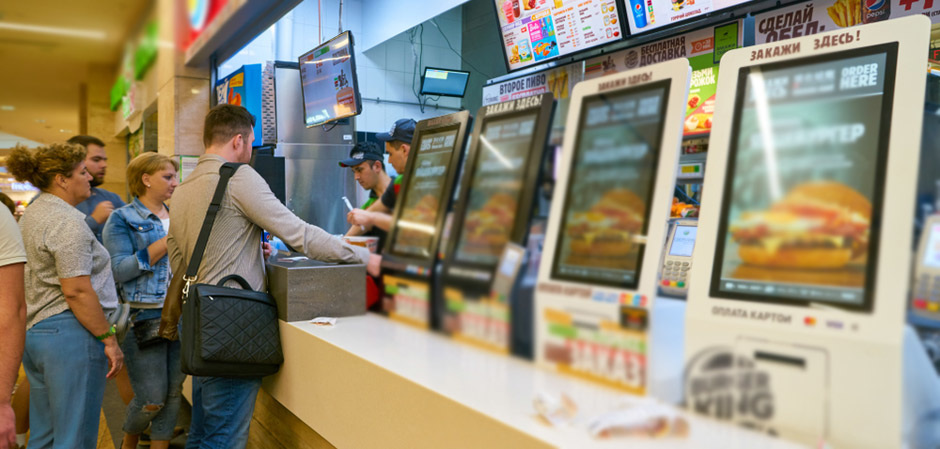
Last year, many Russian trading companies announced plans for expansion into the CIS, Europe, America and Asia ("Dodo Pizza", "Teremok", "Detsky Mir", Black Star Burger, "laquo;Uruk»). The first Russian companies will start selling goods on the Internet platform Tmall (Alibaba Group). Retailers are developing their own online sales, so the plans to create Russian Internet aggregators announced last year will enter the phase of active implementation in 2019.
Source: Cushman &Wakefield
Photo: shutterstock


